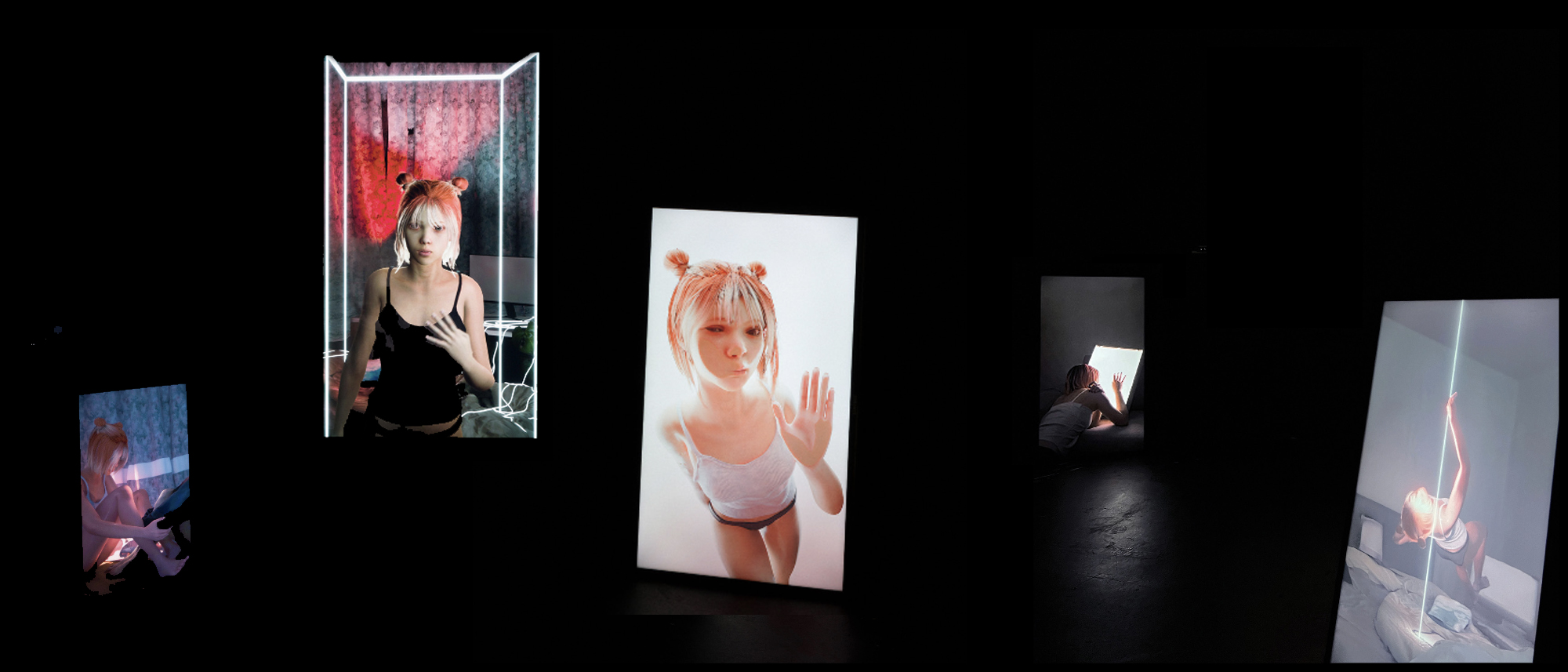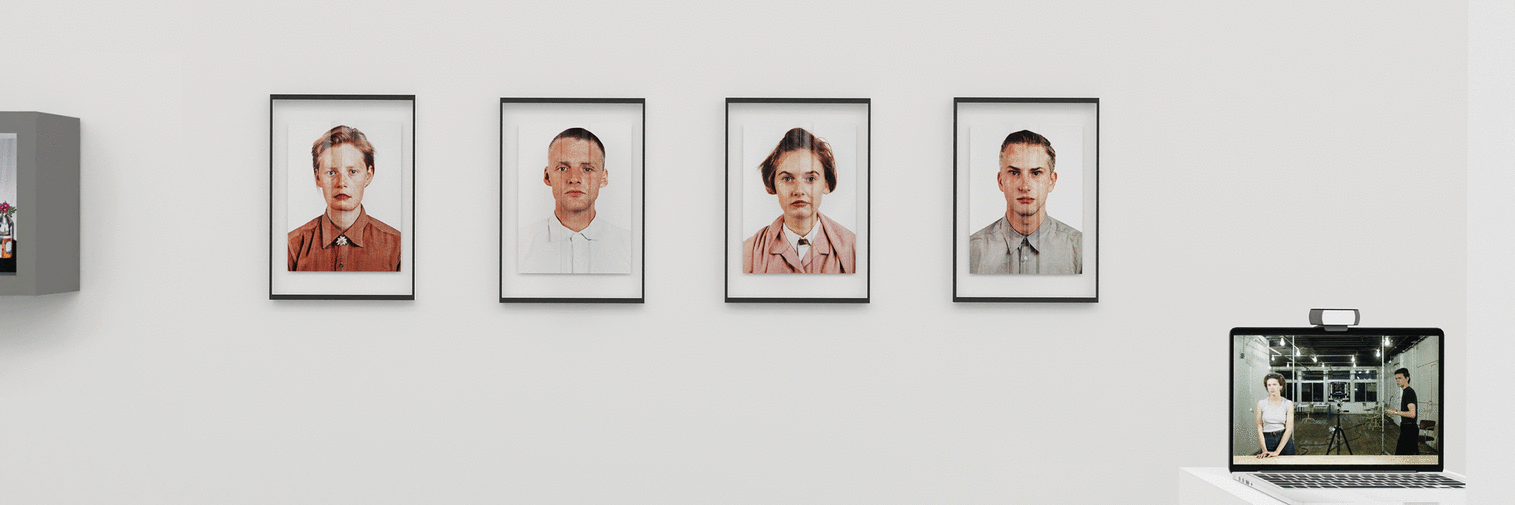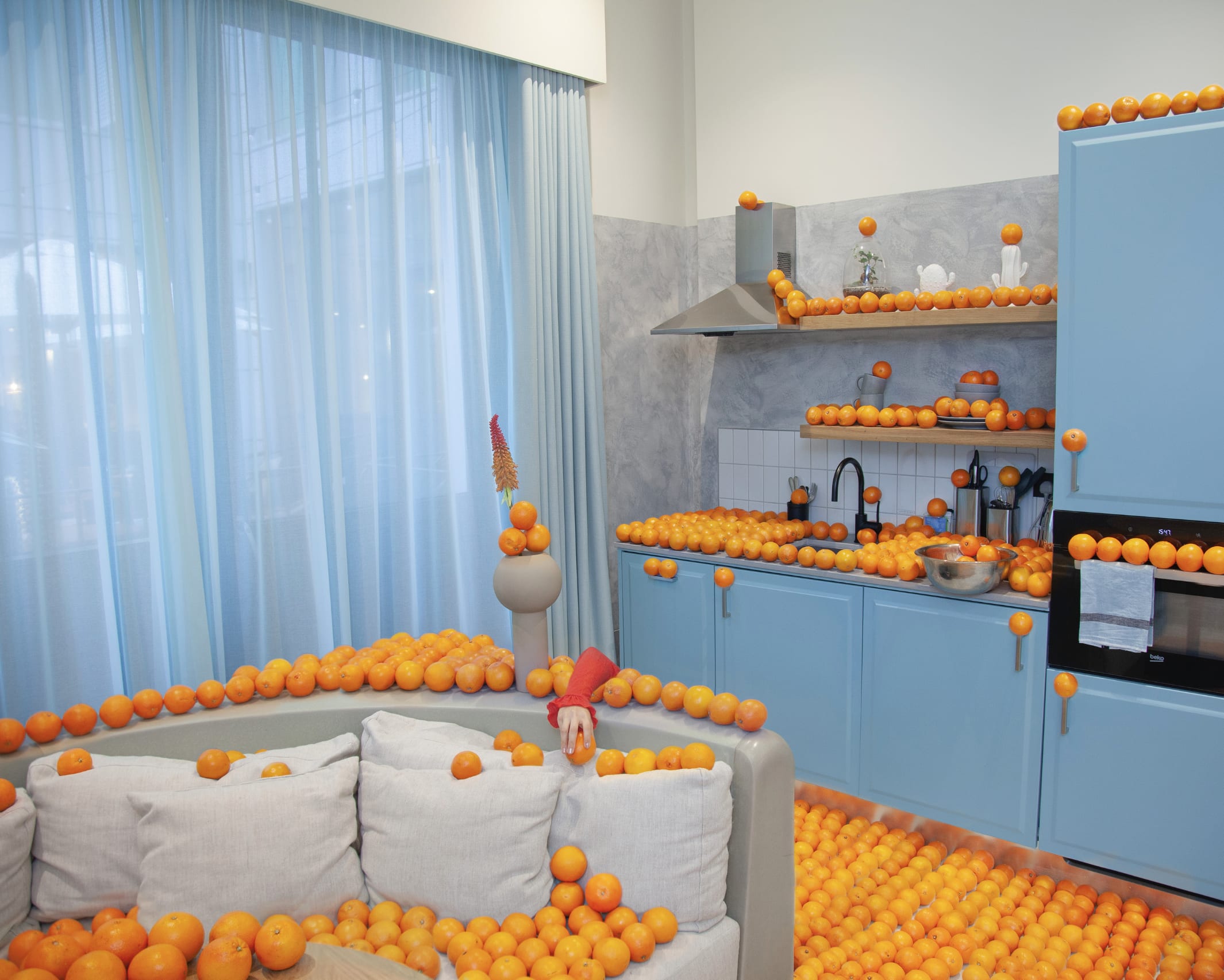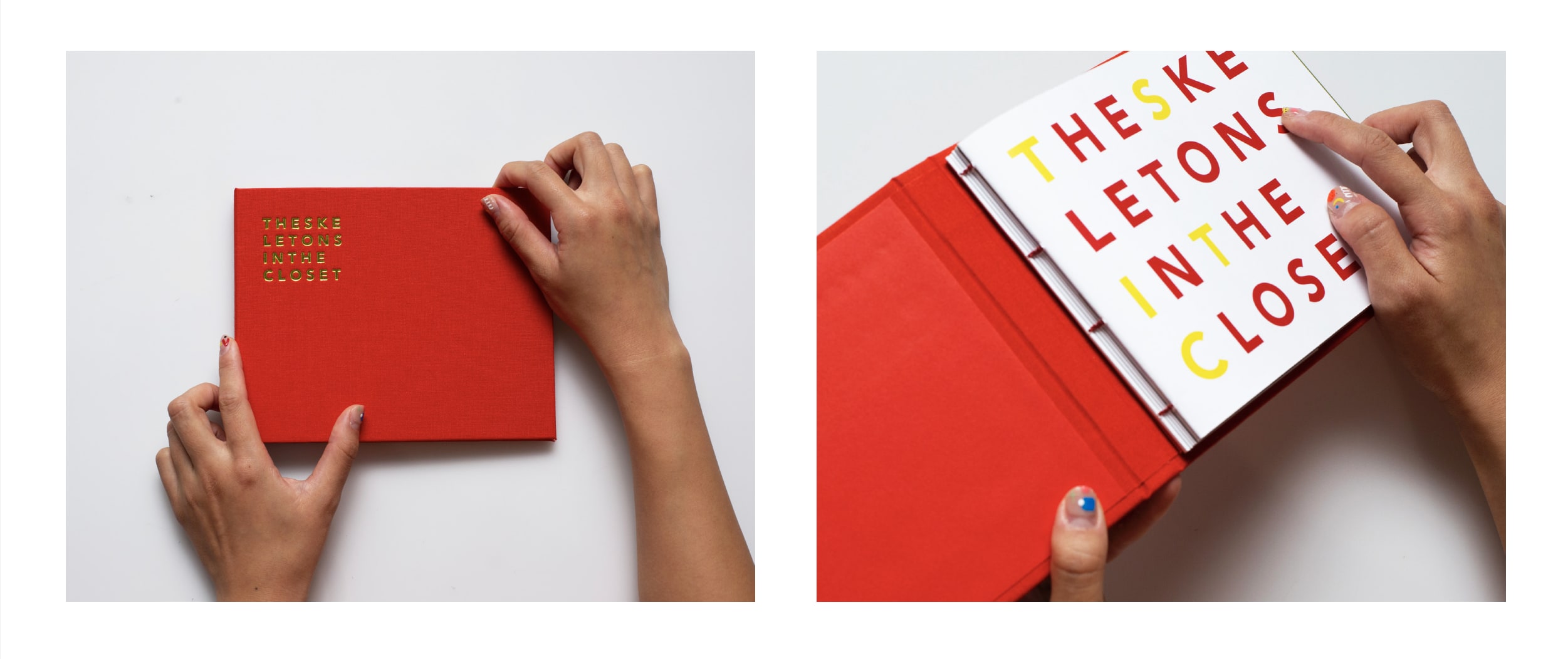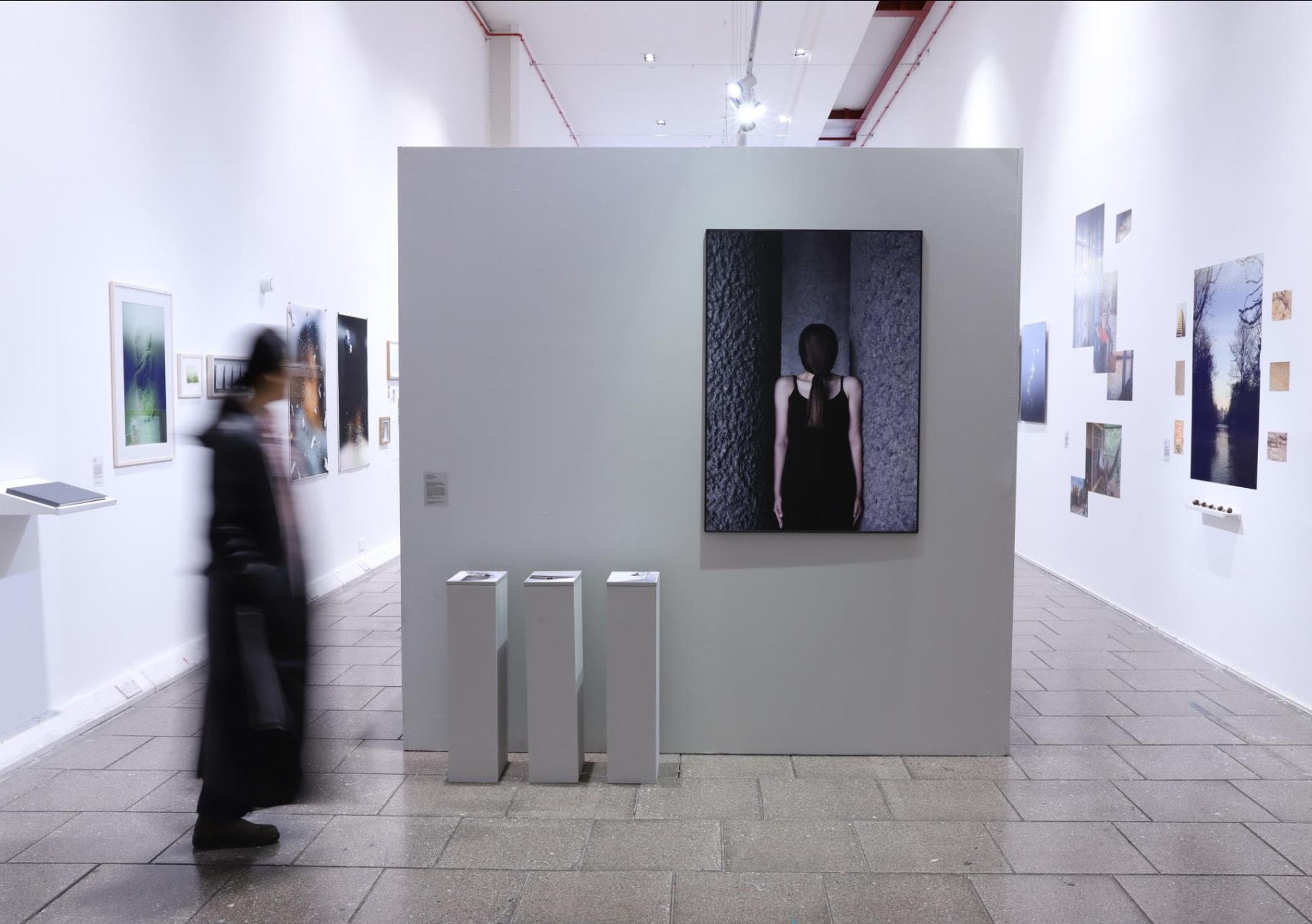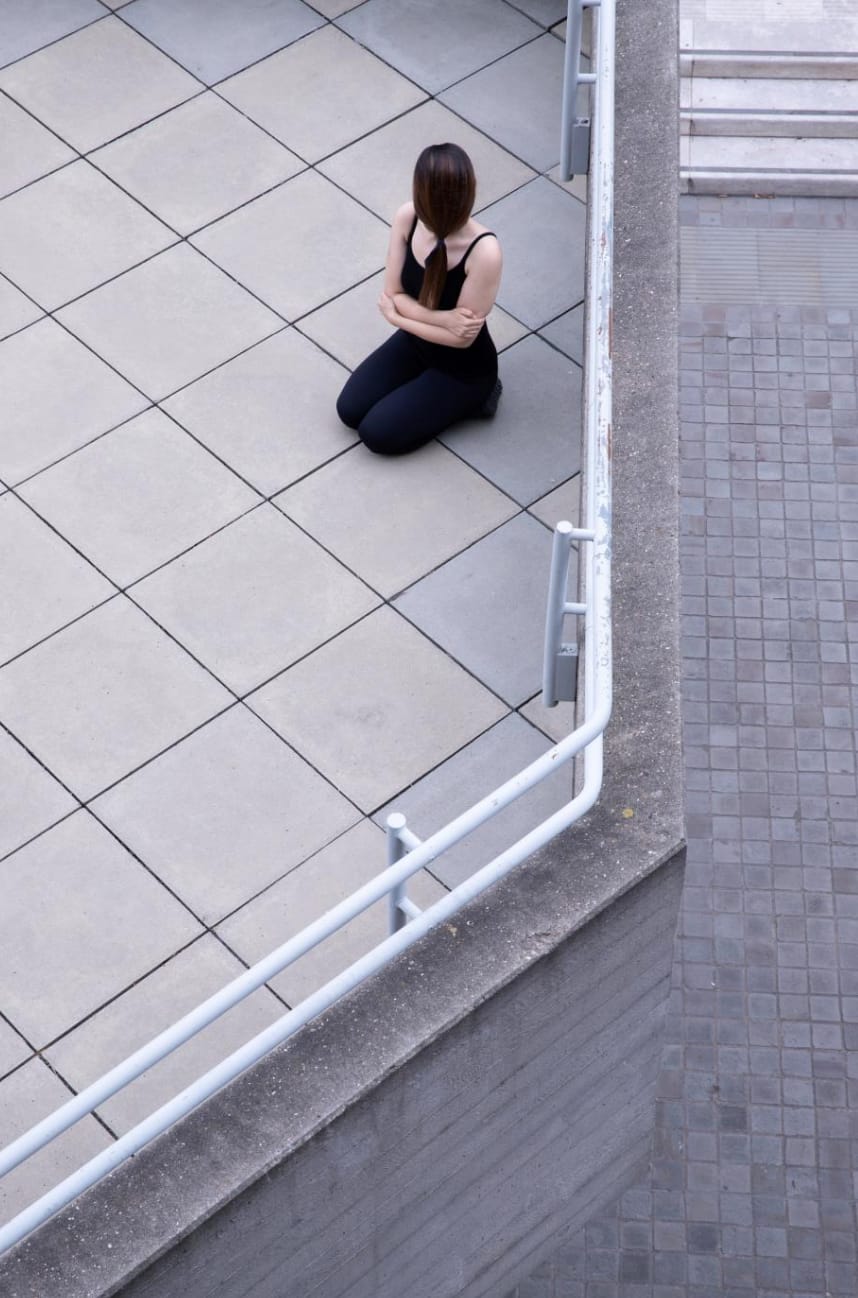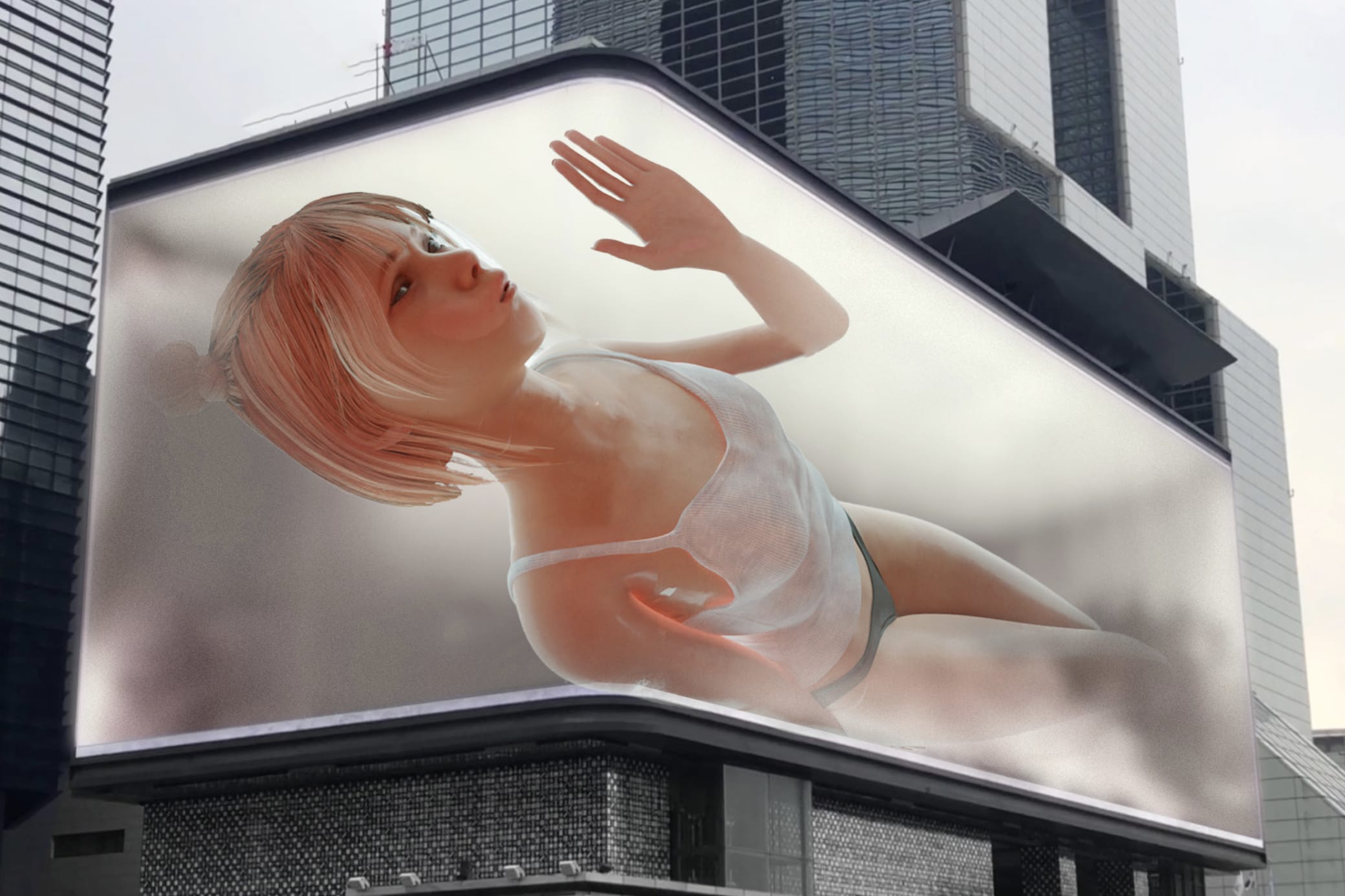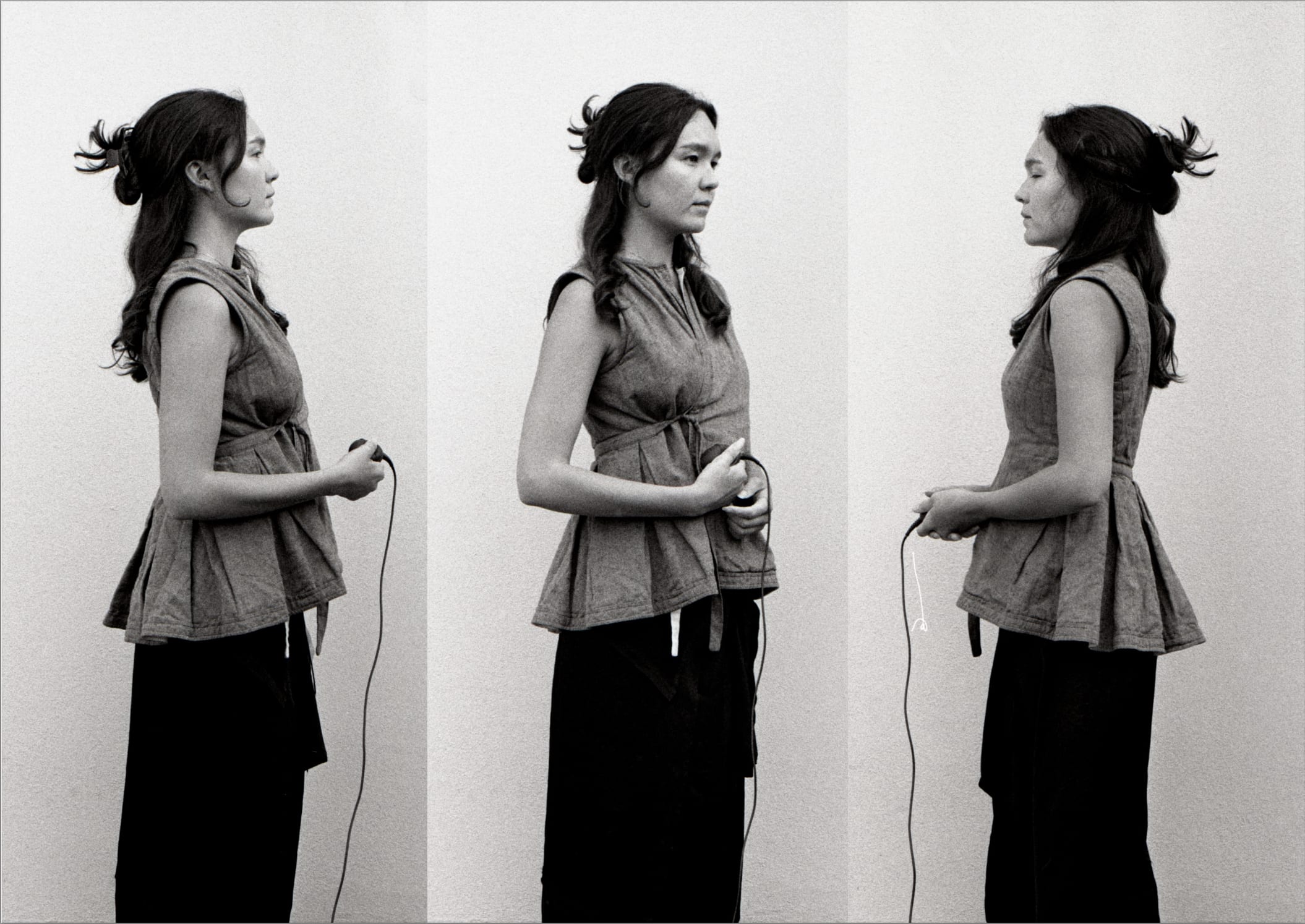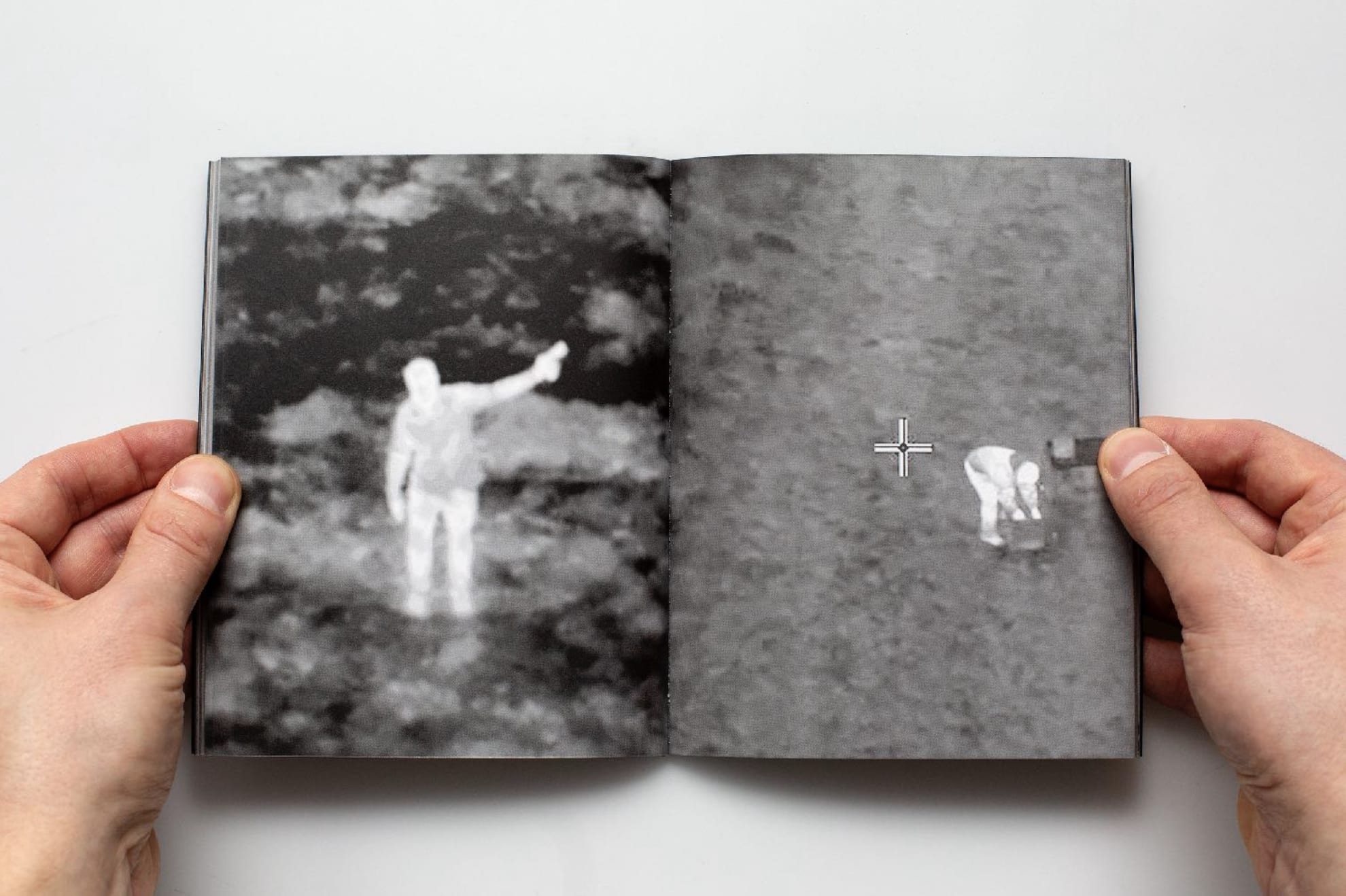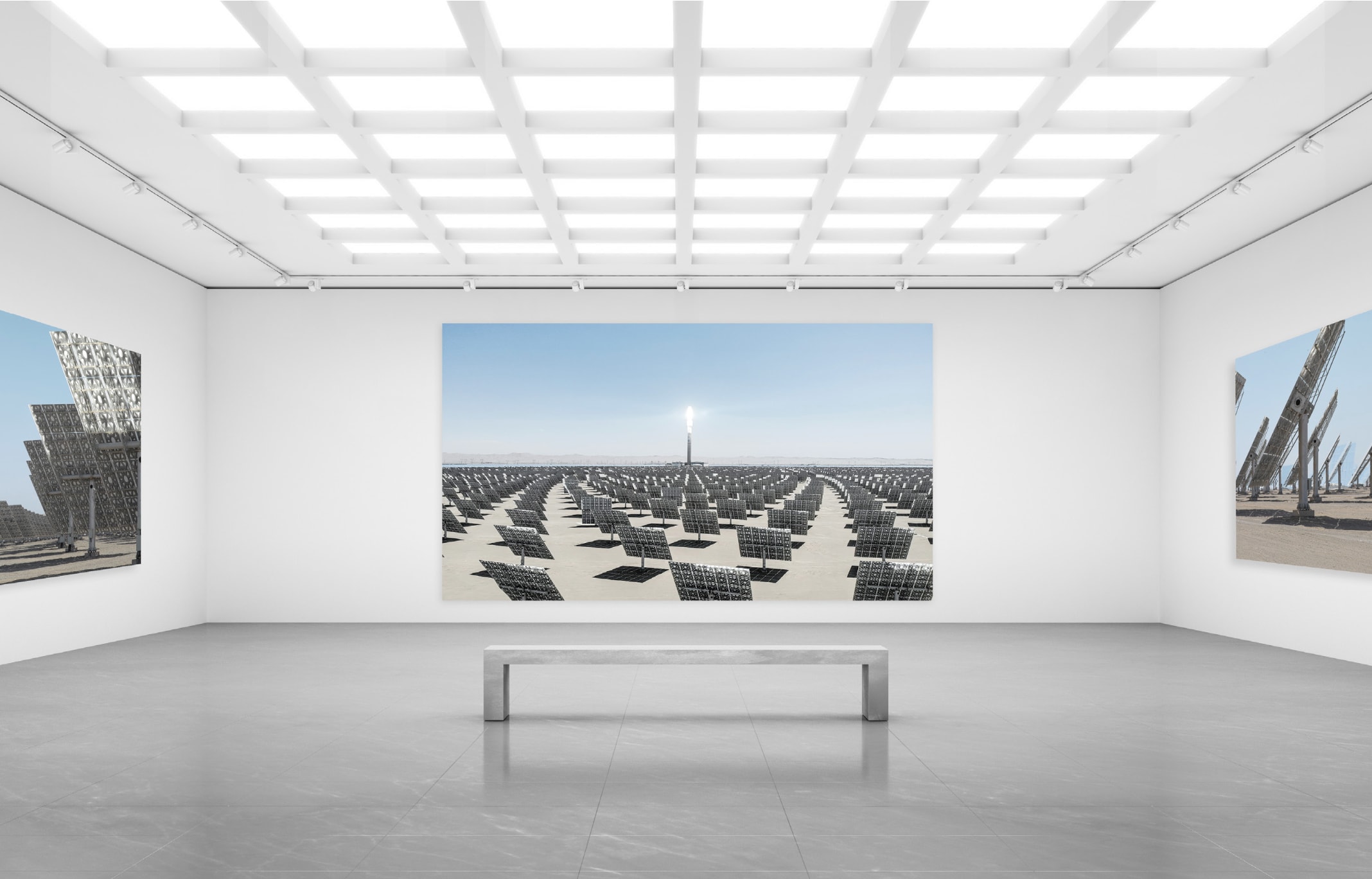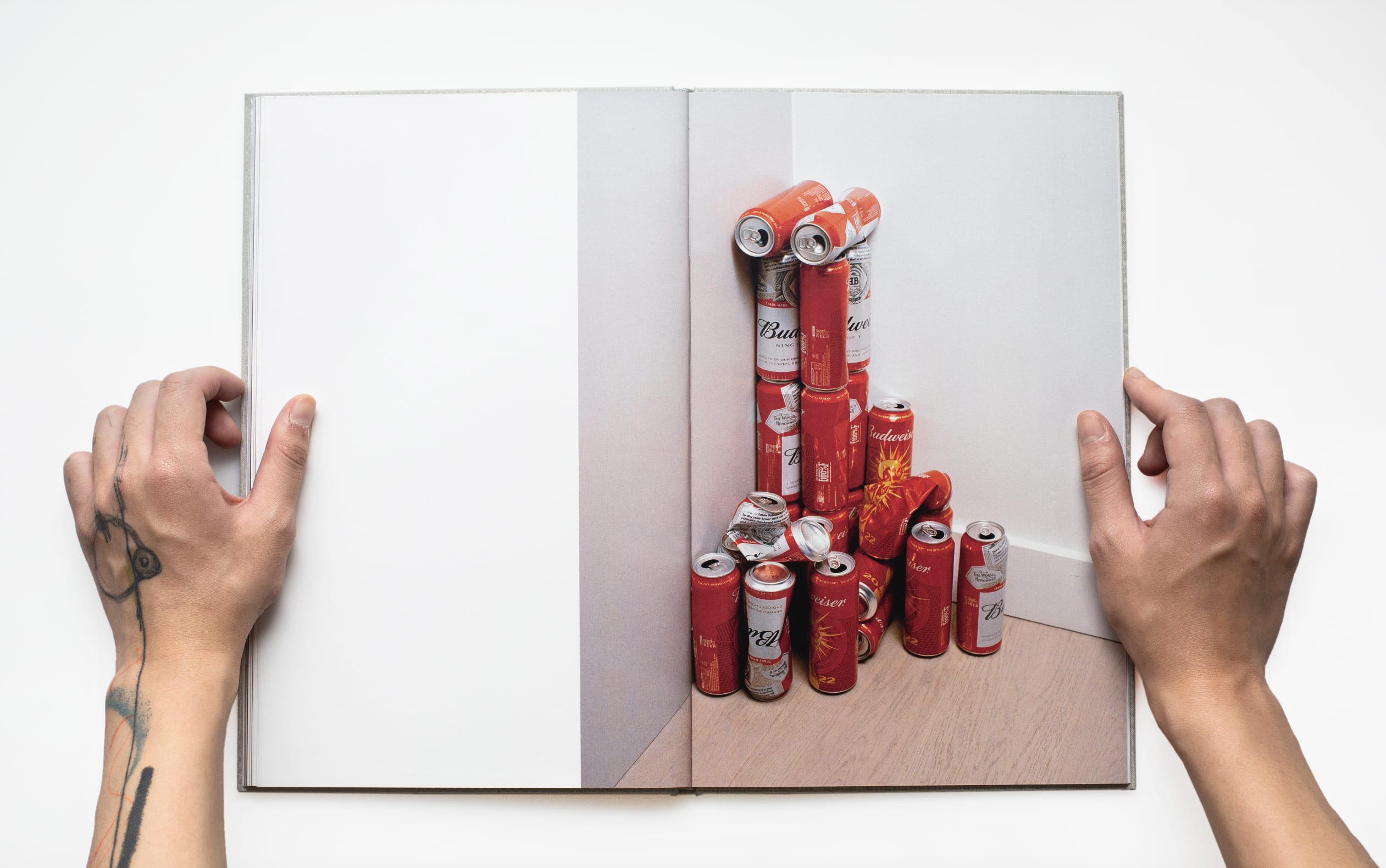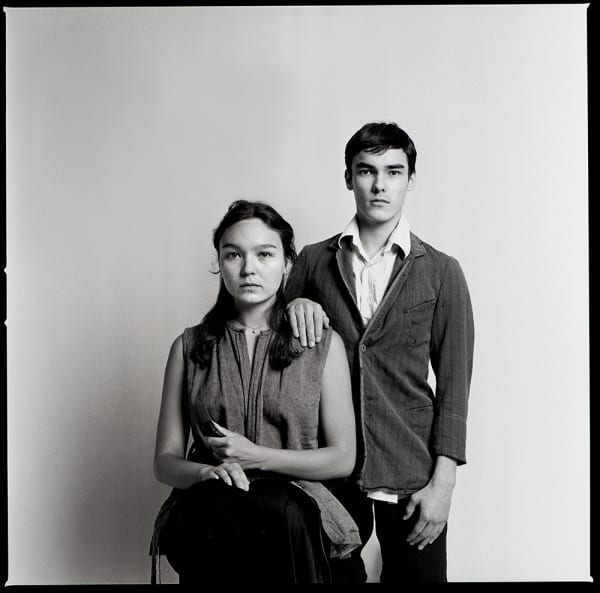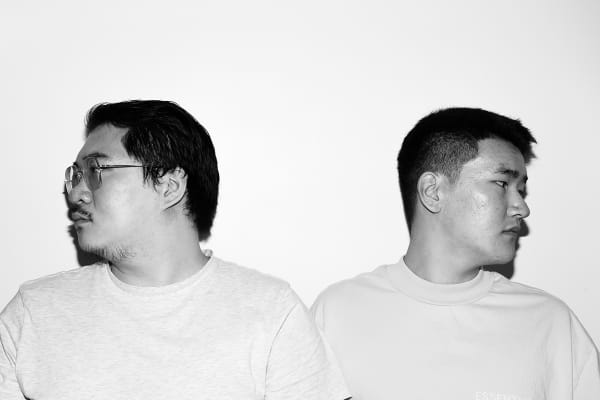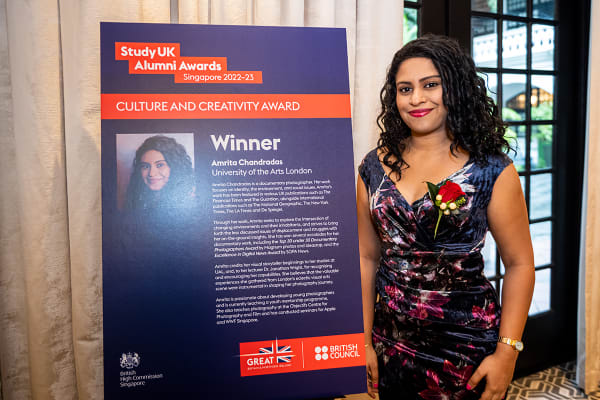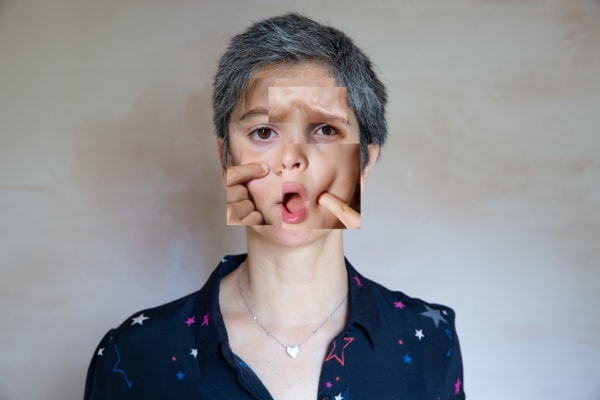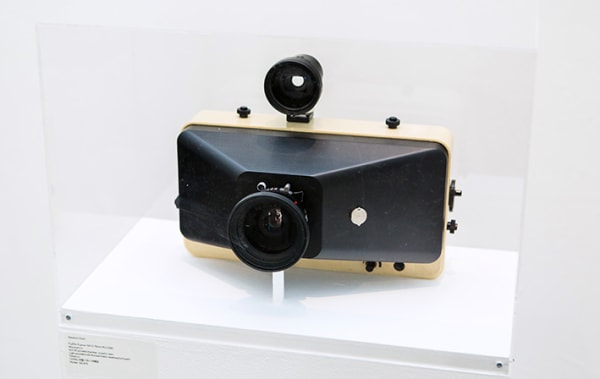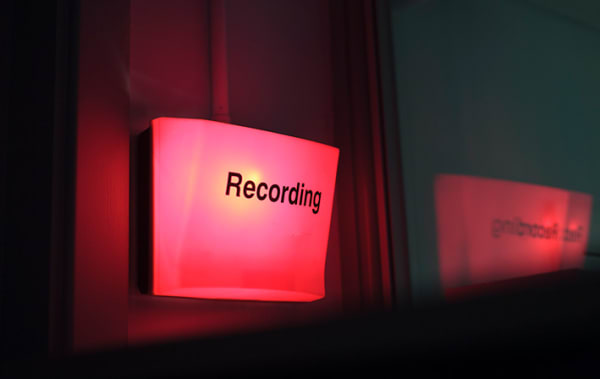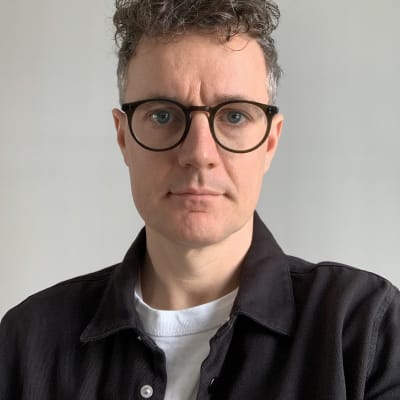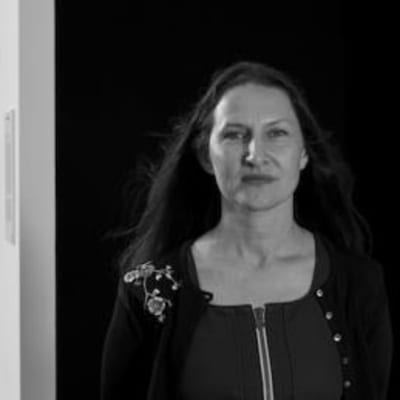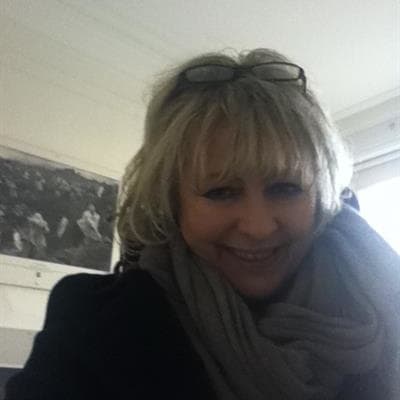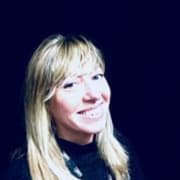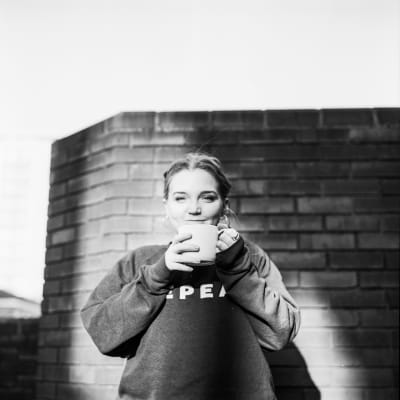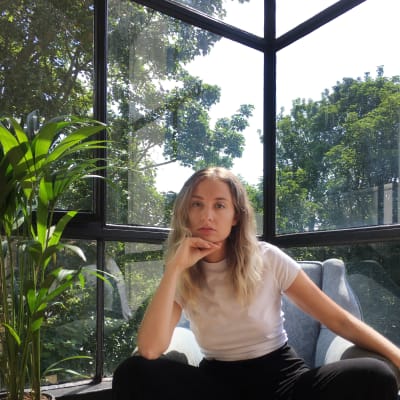Course units
We are committed to ensuring that your skills are set within an ethical framework and are embedding UAL’s Principles for Climate, Social and Racial Justice into this course.
The course is divided into units, which are credit weighted. The minimum size unit is 20 and the maximum is 60. Students study six units, totally 180 credits. Five are mandatory, and the sixth unit is chosen from three pathway option units.
Autumn, Term 1
Experimental Photographic Practices (20 credits)
This unit will introduce you to key production facilities at the College while supporting you to develop a working methodology that includes research, visual experimentation and critical reflection.
By engaging in a series of briefs, you’ll develop a foundation in approaches to working in Expanded Practice, Curation and Publishing.
Contemporary Photographic Debates (20 credits)
Introducing you to key theoretical debates relevant to the 3 course pathways, this unit will encourage you to identify and analyse research material relevant to an individual area of enquiry and to your own practice.
Towards the end of Term 1, you’ll decide on your chosen pathway.
Spring, Term 2
Collaborative Unit (20 credits)
All students study the Collaborative Unit, which provides the opportunity for you to develop collaborative working relationships with other students and a range of potential industry partners.
You’ll gain key professional practice skills, develop your understanding of collaborative working, and begin building your professional network.
Expanded Practice (Pathway Option - 40 credits)
In this unit, you’ll experiment with a range of imaging technologies, production methods and presentation strategies, and begin to develop a body of expanded photographic practice that will be the foundation for your Major Project.
After identifying an area of enquiry, you’ll start to explore different conceptual and visual approaches for developing work. Your practice will be supported through lectures, workshops, and tutorials to help you develop an individual project and working practice.
Curation (Pathway Option - 40 credits)
In this unit, you’ll begin to develop a curatorial project that will be the foundation for your Major Project. After identifying your area of interest, you’ll start to explore different conceptual and practical approaches to curation.
You will have the option to develop a curatorial project that uses your own work, work from students on the Expanded Photographic Practice pathway, collections held by UAL, or external collections, and be supported through lectures, workshops, and tutorials to develop a curatorial concept and working practice.
Publishing (Pathway Option - 40 credits)
In this unit, you’ll begin to develop a publishing project that will be the foundation for your Major Project. After identifying an area of interest, you’ll start to explore different conceptual and visual approaches to creating publications.
You’ll have the option to develop publications that use your own work or material from collections held by UAL; to collaborate with students on the other pathways or courses; or to use work from external collaborators.
Summer, Term 3
Research Project (20 credits)
The Research Project will provide the contextual and theoretical underpinning for your Major Project by evidencing an in-depth exploration of your chosen area of enquiry.
There are a range of possible outcomes for this unit, including a written Dissertation or an audio-visual output such as a podcast, screencast, or essay film.
Major Project (60 credits)
The Major Project draws together your prior research, visual experimentation, and reflection to build on the work started in your Pathway Option unit and the research from your Research Project.
Having identified an ambition for your project, you’ll be supported through the research, development, and production phases. You’ll work individually or collaboratively, with opportunities for cross-pathway collaborations within the course, and where appropriate, collaborations with partners outside the University.
Students on the Expanded Photographic Practice pathway will develop a significant body of practice-based work; those on the Curation pathway will develop a professional curatorial proposal and realise or visualise a curatorial output; and those on the Publication pathway will create a publication or publications accompanied by a professional publishing plan.
Autumn, Term 4
Major Project (60 credits – continued)
In your final term, you’ll continue working on your Major Project, with a particular focus on how the work you’re developing could exist in the world beyond the University.
The LCC Postgraduate Shows will offer a staging post as you work toward longer term professional outcomes after graduation.
